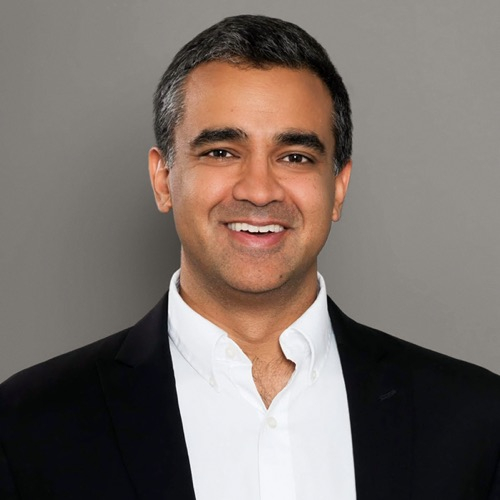

Join in on the first session of five in the Bay Area Health Equity Virtual Series.
Dr. Manchanda has spent more than a decade developing novel strategies to improve health in resource-poor communities. In this presentation, he examines the connections among socioeconomic factors, systemic inequality, and health disparities. Socioeconomic factors that may not seem directly related to health outcomes are in fact closely related through systems that promote unequal treatment and thus lead to disparate outcomes.

Rishi Manchanda, MD, MPH
CEO & President, HealthBegins
Dr. Rishi Manchanda is President & CEO of HealthBegins, amission-driven consulting and technology firm that helps healthcare andcommunity partners improve care and the social factors that make people sick inthe first place. Client-partners include the American Hospital Association, theCMS Accountable Health Communities model, and health plans and health systemsacross the country. Dr. Manchanda serves on the board of the Beyond FlexnerAlliance, on the California Future Health Workforce Commission, and was amember of the HHS Health Care Payment Learning & Action Network’s PrimaryCare Payment Model Work Group.
Dr. Manchanda’s career is marked by a commitment to improvingcare and social determinants of health for vulnerable populations. He served asdirector of social medicine for a network of community health centers in southcentral Los Angeles, was the lead physician for homeless Veterans at theGreater Los Angeles VA, and was the first chief medical officer for a self-insuredemployer with a large rural immigrant workforce. In his 2013 TEDbook, The UpstreamDoctors, he introduced a new model of healthcare workers - the Upstreamists -who improve care and equity by addressing patients' social needs, like food,financial and housing insecurity. The book has become recommended reading inmedical schools and universities across the world.

